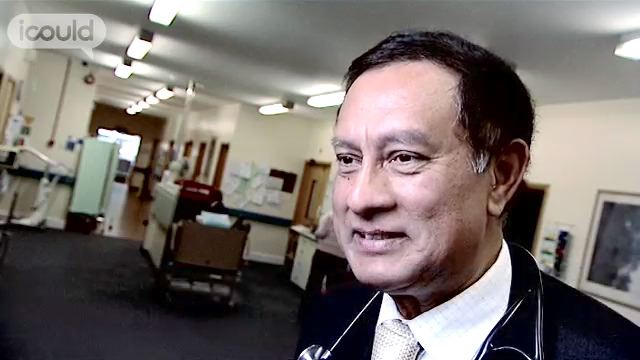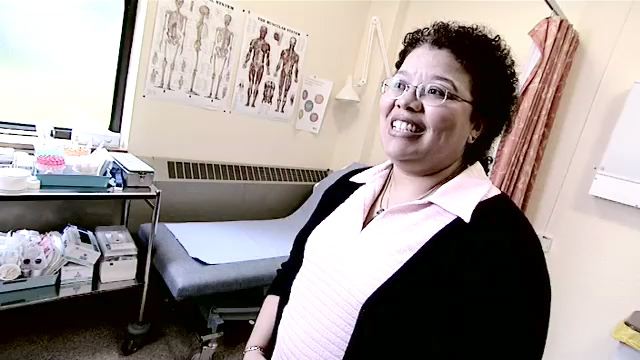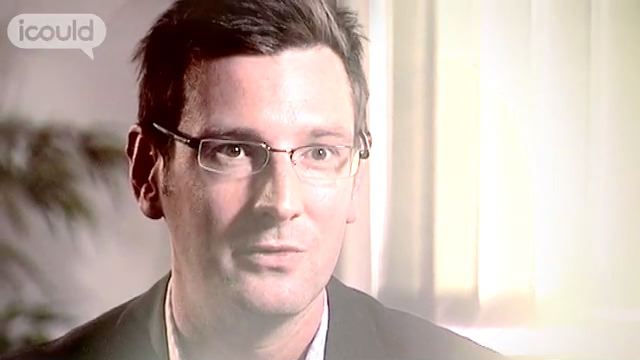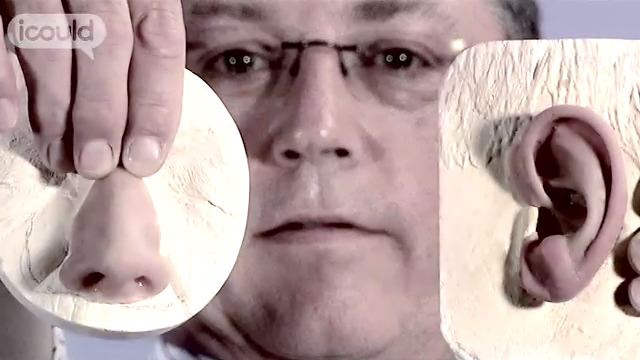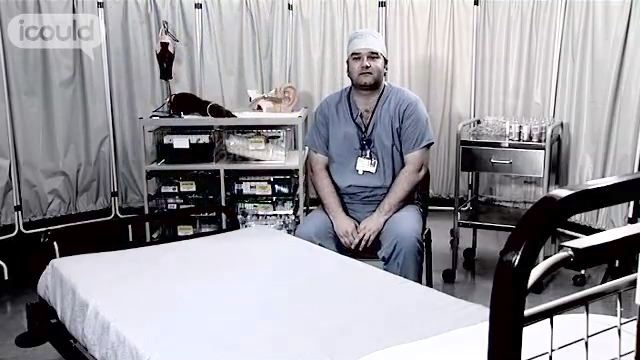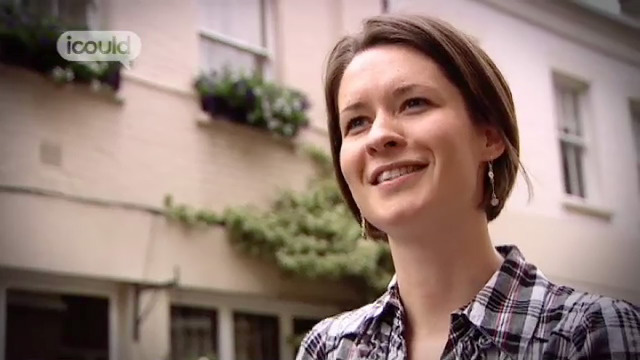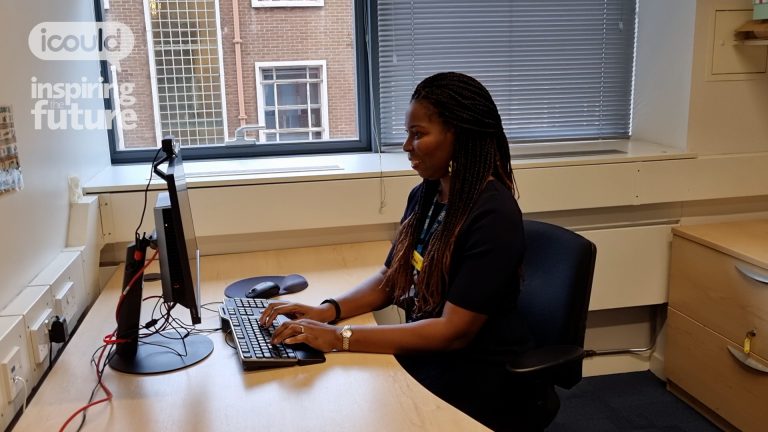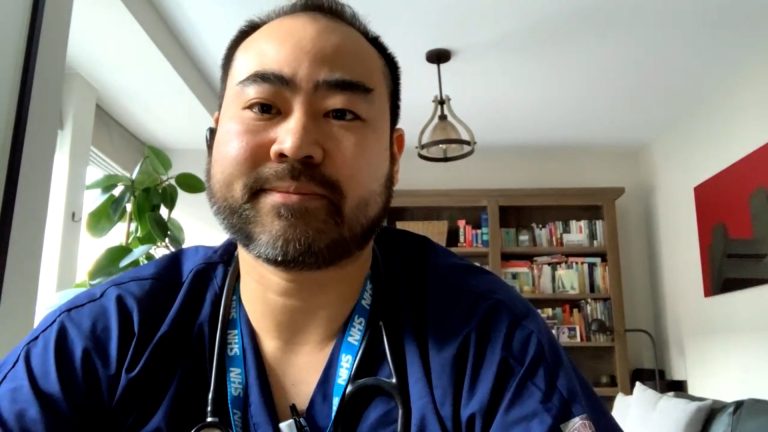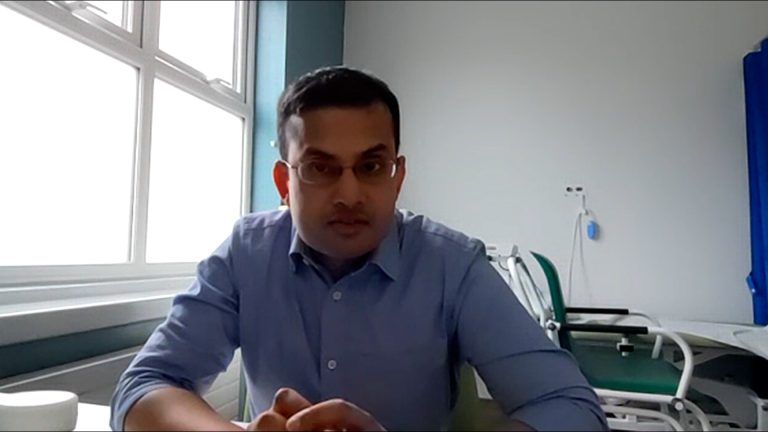Explore: Healthcare
GP
County Durham NHS Foundation Trust
info Issues viewing the video?
| Dr Adebola
GP |
|
| 00:07 | In my role as a GP I listen to my patients, examine them and arrange tests when necessary in order to be able to find any underlying cause or causes of their health problems, so that we can find a suitable management or solution. |
| 00:26 | Initially I wanted to become a public health specialist but I found this to be a very competitive speciality even in Nigeria, so I decided to become a GP instead and it is one of the best career decisions that I have made to date. I always wanted to work in the medical field and having my Dad as a pharmacist certainly helped nurture this dream. |
| 00:53 | I trained at the University of Ibadan, one of the best universities in Nigeria before moving to the United Kingdom where I trained as a GP. A good knowledge of biology and chemistry are quite essential at GCSE level and I remember that biology was one of my favourite subjects at secondary school. |
| 01:19 | If you are empathic or willing to learn to be empathic and be a good listener you will be a good GP. You also need to be willing to keep learning and make use of available resources and guidelines to provide the best care for your patients. |
| 01:38 | It is possible to have a lot of flexibility. For instance, I was able to take career breaks to have my two children, which isn’t always possible in other specialities. I have had excellent and encouraging mentors and GP trainers. |
| 01:57 | To become a GP I would encourage you to find a mentor. Be willing to work hard. I would also advise you to harness every support that you can find, your teachers, career counsellors, friends, family so that you can find a lot of support that would encourage you in your dream to becoming a GP. |
| 02:21 | END OF TRANSCRIPTION |
“Be willing to work hard. I would also advise you to harness every support that you can find.” Adebola enjoyed biology at school and always wanted to work in medicine. She went to university in Nigeria before training as a GP in the UK.
More information about Generalist medical practitioners
Data powered by LMI For All
£60,320
average salary
The UK average salary is £29,813
42
average weekly hoursThere are 37.5 hours in the average working week
45%
male
55%
female
The UK workforce is 47% female and 53% male
Future employment
Future employment
Description
Generalist medical practitioners diagnose mental and physical injuries, disorders and diseases, prescribe and give treatment, recommend preventative action, and conduct medical education and research activities. They work in hospitals or in general practice and, where necessary, refer the patient to a specialist.
Qualifications
Entrants require a university degree from a medical school recognised by the General Medical Council followed by two years of pre-registration training as a house officer. Some medical schools operate graduate entry schemes. Once the pre-registration period as house officer is completed, further postgraduate training in a general practice training programme is completed
Tasks
- Examines patient, arranges for any necessary x-rays or other tests and interprets results
- Diagnoses condition and prescribes and/or administers appropriate treatment
- Administers medical tests and inoculations against communicable diseases
- Supervises patient’s progress and advises on diet, exercise and other preventative action
- Refers patient to specialist where necessary and liaises with specialist
- Prepares and delivers lectures, undertakes research, and conducts and participates in clinical trials
- Supervises the implementation of care and treatment plans by other healthcare providers
Employment by region
Top 10 industries for this job
Health
144742
Public admin. & defence
10096
Education
6012
Services to buildings
4578
Membership organisations
3953
Real estate
3373
Office admin.
3171
Social work
2052
Sport & recreation
1840
Sale of motor vehicles
1743
Employment status
Related career stories
⇦
⇨
